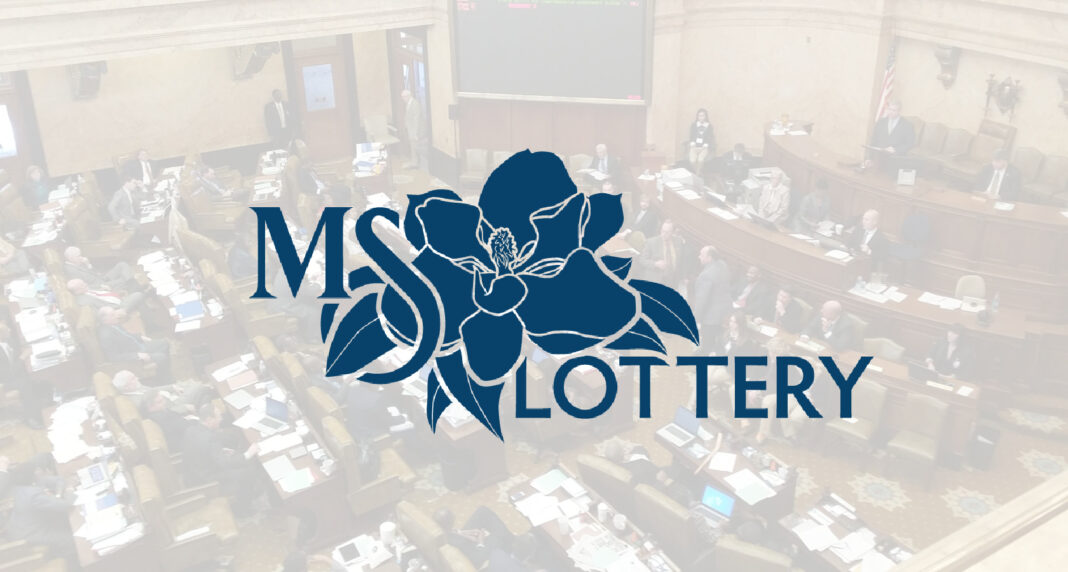JACKSON, MS — The Mississippi Lottery recently hit a major milestone, transferring over $615 million to the state since its launch in 2019. This revenue, generated through scratch-offs and jackpot games, has funded essential state needs like road repairs and school supplies, but there’s one thing it hasn’t brought to residents: tax relief.
In October alone, the Mississippi Lottery Corporation transferred approximately $8.9 million in proceeds to the state’s general fund. As mandated by the Alyce G. Clarke Mississippi Lottery Law, the first $80 million collected annually supports critical road and bridge repairs overseen by the Mississippi Department of Transportation. Any revenue above this threshold flows into the Education Enhancement Fund, which provides classroom resources for schools statewide.
This structured funding approach has yielded visible improvements for state infrastructure and schools. Since the start of Fiscal Year 2025, which began in July, the lottery has contributed nearly $36.5 million to the state’s coffers. The Mississippi Lottery is celebrating its fifth anniversary by introducing new games with enticing prizes, including a $1 million second-chance drawing and new scratch-off tickets with top prizes of up to $100,000.
While these contributions mark notable progress in addressing Mississippi’s infrastructure and educational needs, many residents are beginning to question when – or if – the state’s booming lottery profits will translate into reduced tax burdens. As the lottery grows, so do calls for accountability regarding its impact on state revenue.
Despite the influx of millions each month, no direct tax cuts have materialized for residents. And while state leaders continue to explore potential tax reforms, like phasing out the income tax or reducing the grocery sales tax, none of these proposals have been formally linked to lottery revenue, leaving residents wondering if relief from the lottery’s gains will ever come.
Mississippi’s lottery may be reshaping state infrastructure, but as it continues to transfer millions, taxpayers remain hopeful that one day the winnings will benefit their wallets too.


